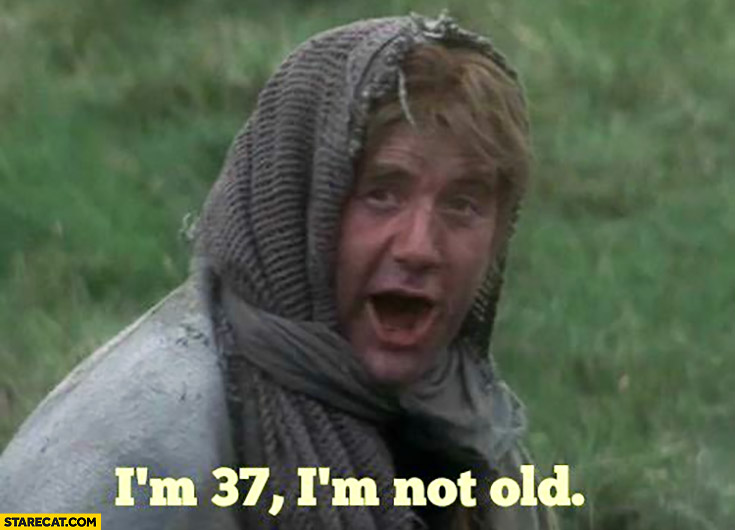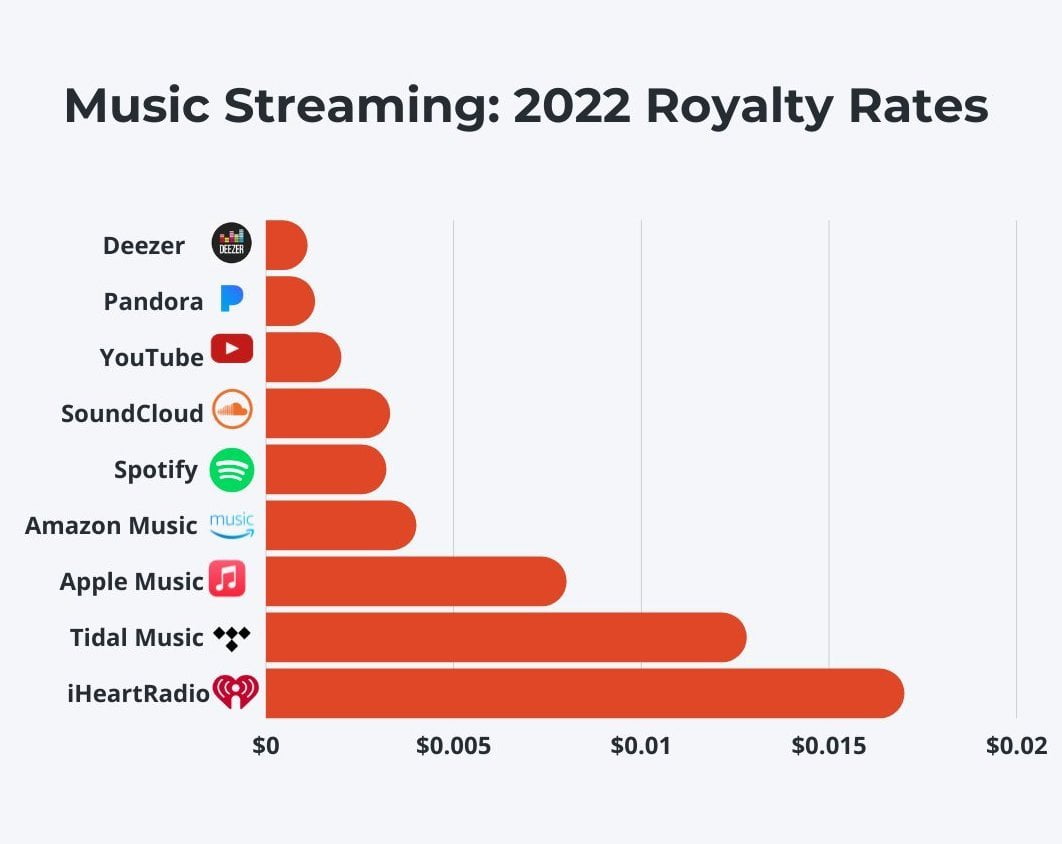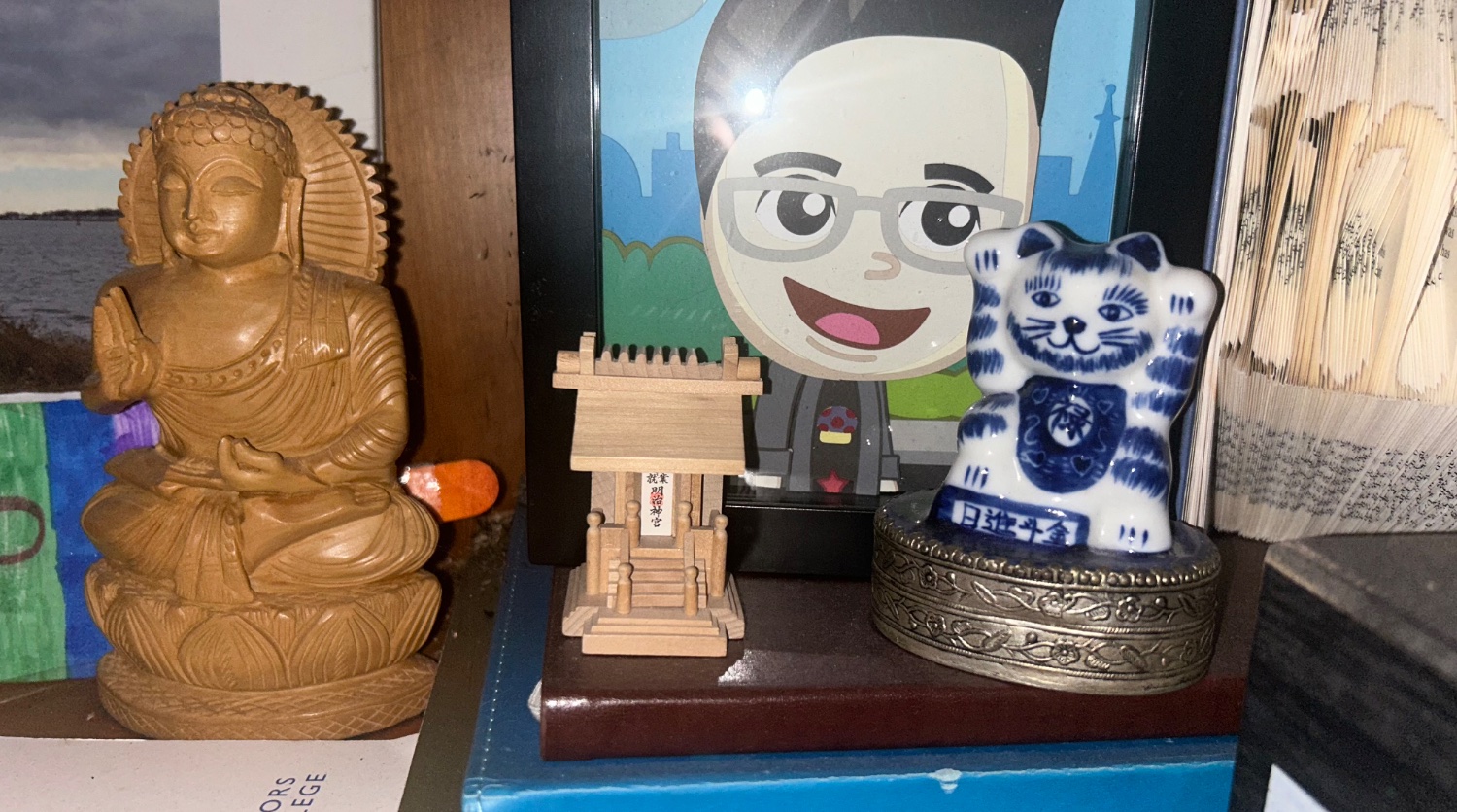

Gaming literacy is a real thing. Most people who didn’t grow up with 3D games don’t intuitively understand it. I’ve seen many boomers either stare at their feet or the ceiling & they have no clue how to solve their situation because they are disoriented. Same with young kids learning.













Side note: the “average” human has >1 skeleton within them.